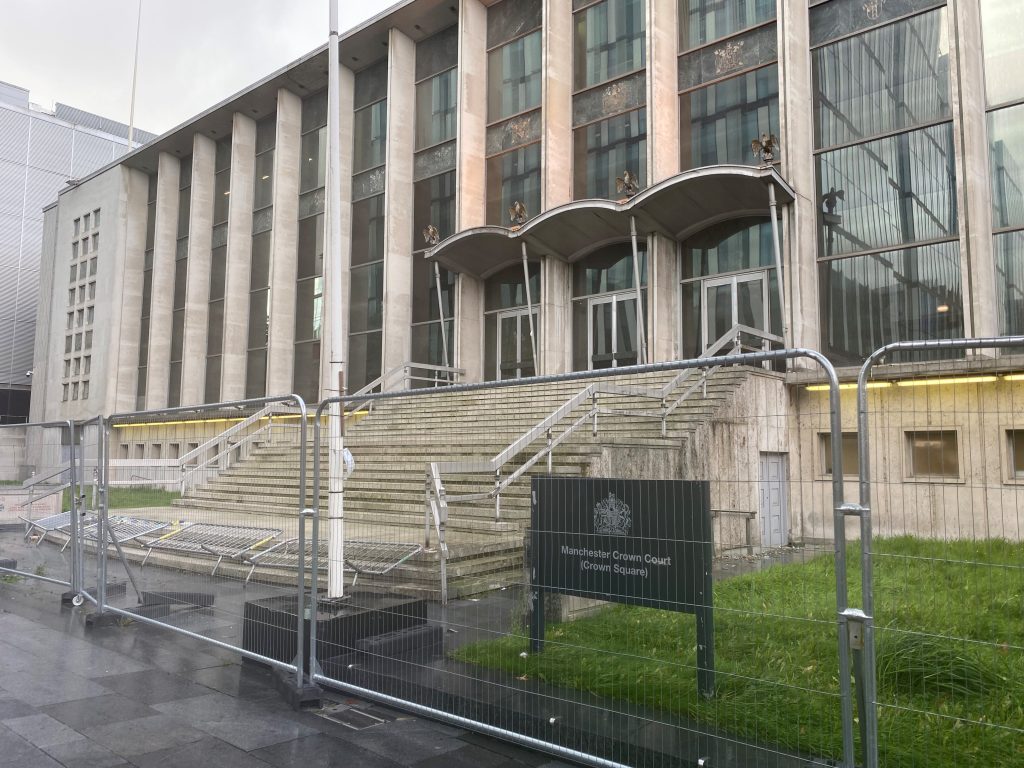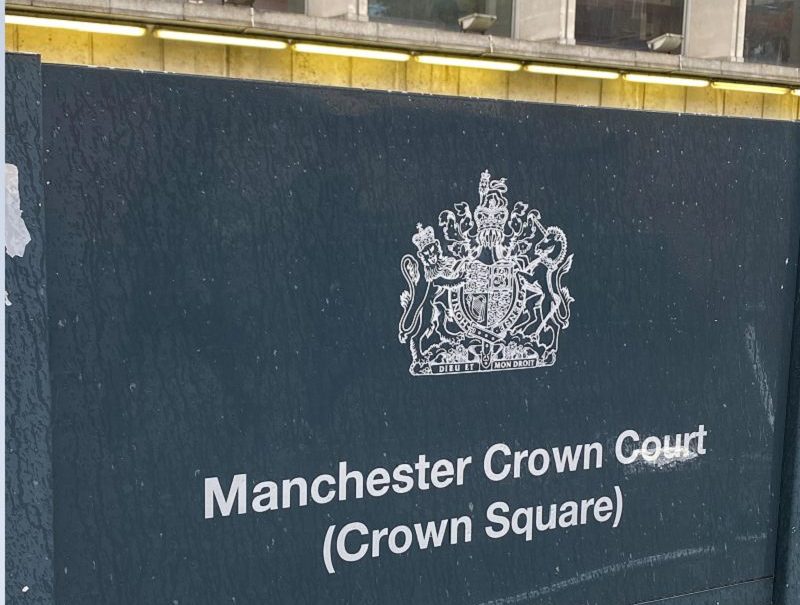Criminal barristers will end their strike today after accepting the government’s proposed reform package.
The Criminal Barrister Association was offered a 15% rise in legal aid fees as part of a £54million investment to end strikes which began in June due to their concerns with funding.
CBA members were balloted and 57% of votes in were in favour of accepting the government’s proposal.
A barrister, who wished to remain anonymous, said: “Although far from perfect, the deal shows that when the Bar stand firm, the government will negotiate. This is a starting block upon which we hope to build agreement for fair remuneration not just now but in the future.”
The strikes will end at 6pm today, and Manchester’s crown courts – Crown Square and Minshull Street – will operate as usual after a long period of stand still.
The government’s offer does not meet the CBA’s demands for a 25% increase in legal aid fees, leading to some criticism as inflation soars – people have questioned whether it is enough to make any difference, or whether in years to come further strikes will be needed.
Protests began as changes to the legal aid system over the past decade left a record backlog of 58,000 court cases and a 35% decrease in criminal barristers’ salaries.
Legal aid is financial assistance given to those who cannot afford legal representation – it ensures justice is served and that everyone has the right to a fair trial.
This makes up the majority of criminal barrister’s wages. Therefore, a reduction in these caused many to quit their publicly funded jobs – adding to the build-up of all outstanding cases, already high due to the corona virus pandemic.
The barrister continued: “Barristers are at the end of their tether; they have been doing too much work for too long without being paid properly.
“People aren’t coming to work at the Bar.”

Contrary to the common belief that all barristers earn a high salary, Sir Christopher Bellamy QC claimed in his Independent Review of Criminal Legal Aid that new criminal barristers can earn less than minimum wage per hour if the time taken to prepare for their case is taken into consideration.
As a consequence, younger legal aid barristers have been quitting at a concerning rate as they struggled financially.
In an aim to reform the criminal justice system and end the strikes, the government offered criminal barristers a £54million ‘comprehensive package’ after negotiations with justice secretary Brandon Lewis, who urged them to return to work.
Brandon described the reform package as a ‘generous proposal’.
The government will also invest a further £3million into case preparation work, which was previously unpaid.
In addition, £4million will aid defence barristers involved in pre-recorded cross examinations, and a further £5million of funding will assist the youth court.
These changes will take place from the 2024/2025 financial year.



